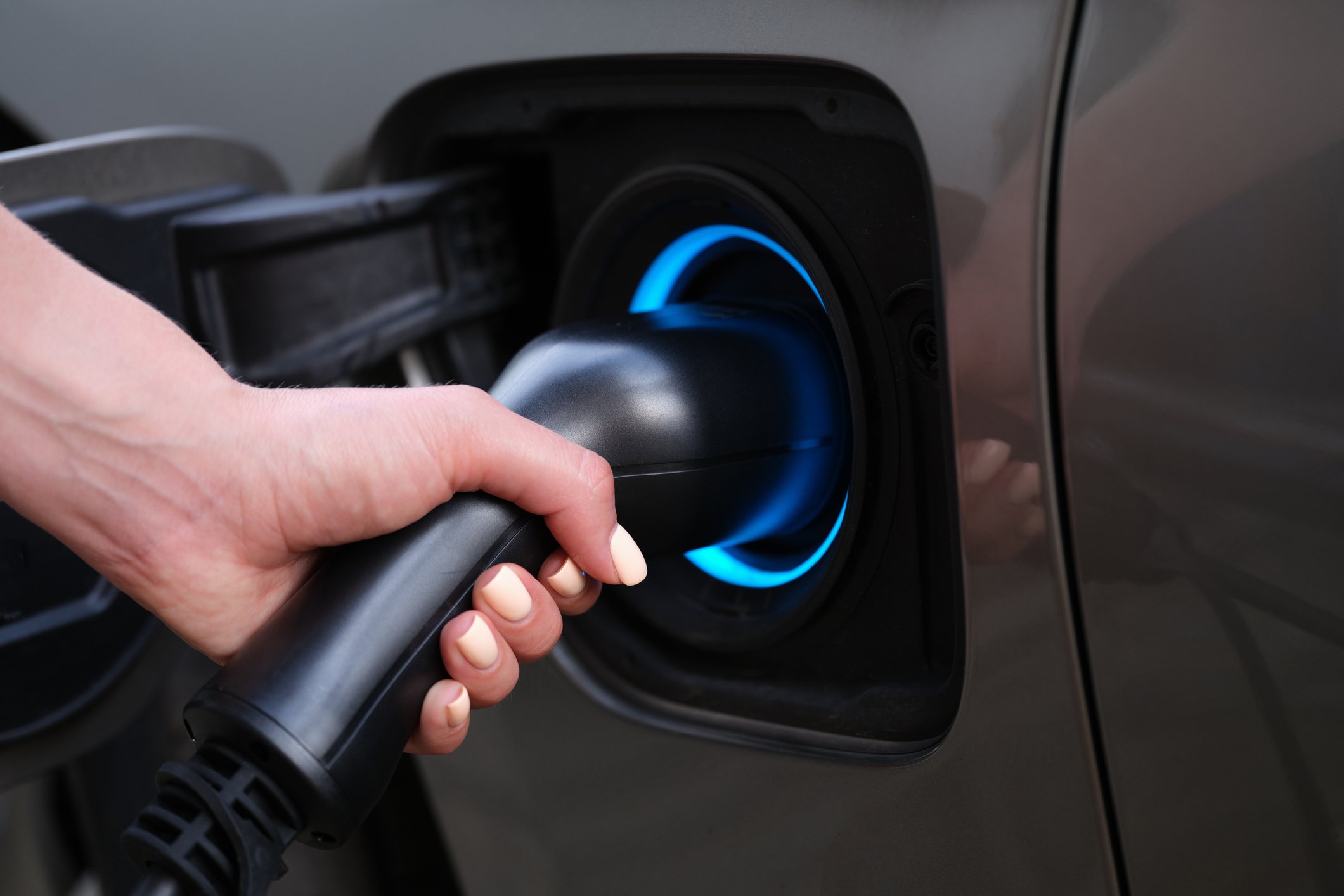In February 2006, the average price for a gallon of gasoline in the United States was about $2.20. But over the next six months, that price would rise by almost 50%, topping out at about $3.25. For commuters and families that relied on their cars to get them around their communities, there was a noticeable pinch in the family budgets.
Ever since then, the sales of hybrid cars have taken off. Once thought to be an expensive choice only for environmentalists, many now believe owning these vehicles is the key to both saving money over the long run, and helping to slow down global warming.
Adding to the movement has been the emergence of all-electric vehicles. Though Tesla Motors (TSLA +0.28%) gets most of the attention in this sub-industry, Chevy has its Volt and Nissan (NSANY +1.03%) has its Leaf on the market as well.
But there's a key factor in determining if a hybrid or electric car is worth your money. Though its a well-known factor in the industry, its one that many folks looking to buy a car might not be aware of. In this video, Motley Fool contributor Brian Stoffel discusses what this factor is, how it might affect investors, and what consumers need to know.








